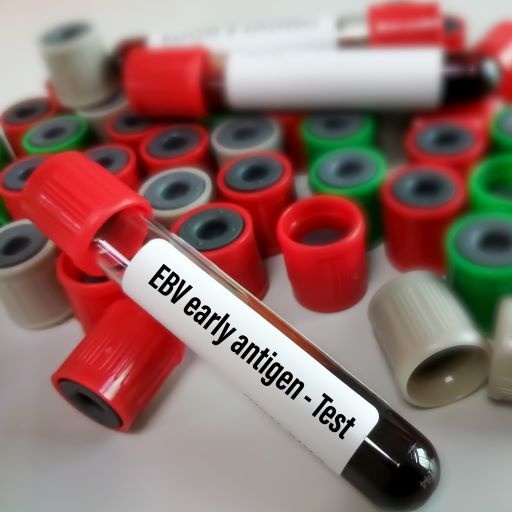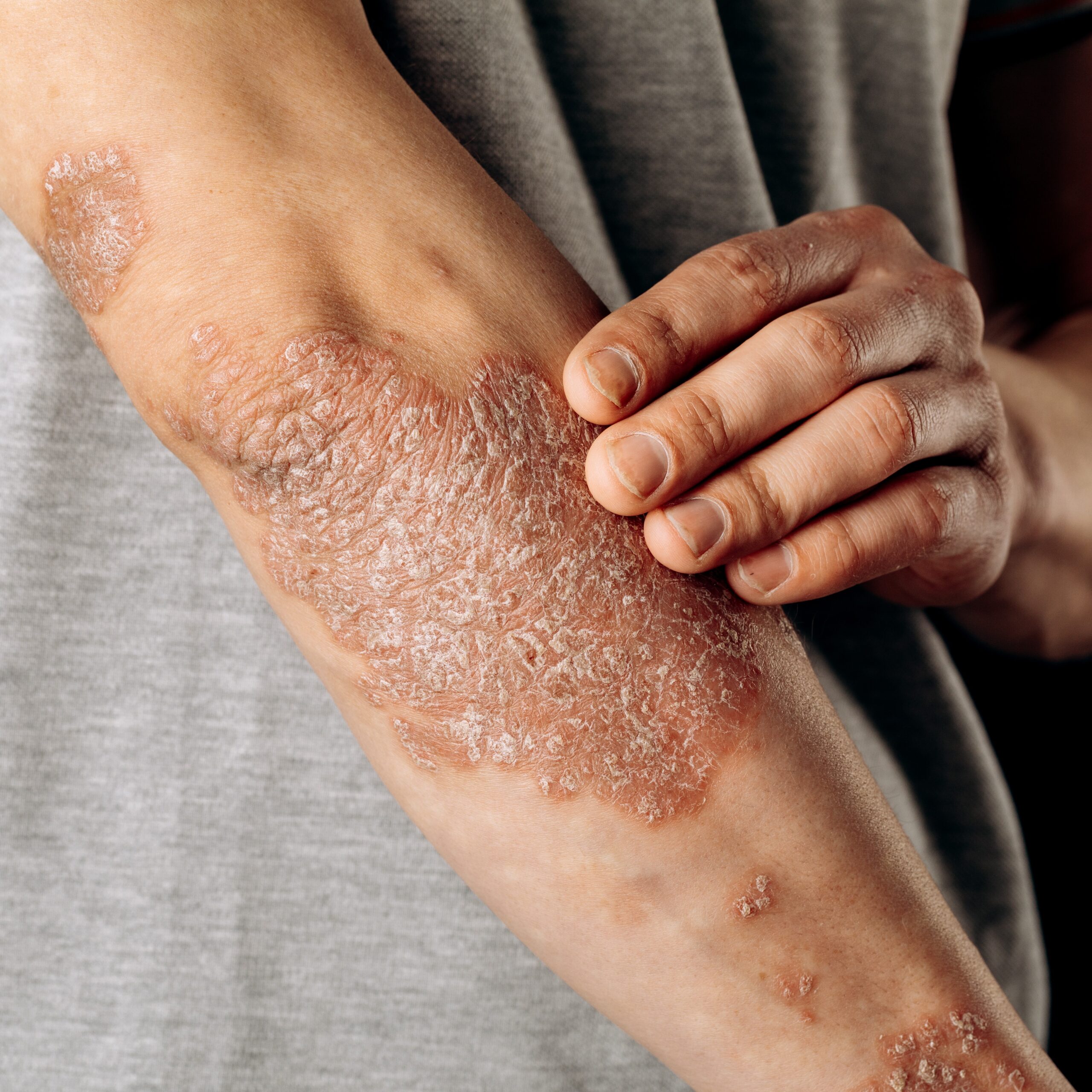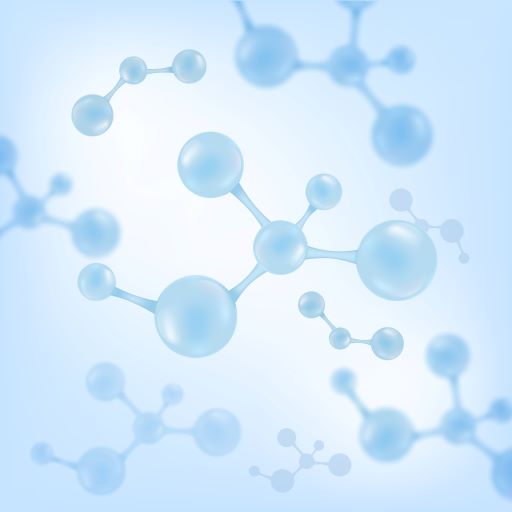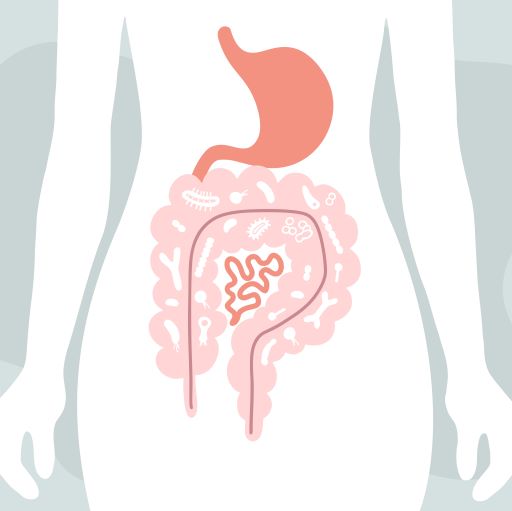
Autoimmunity: Is There a Cure?
Our work together is aimed at supporting you get into “remission”. Remission means free of active disease and symptoms with bloodwork showing more normal values. I am constantly amazed and heartened by the body’s own healing abilities. To see people transform from worried and struggling to strong, resilient and enjoying life is the greatest joy…
A few well-known autoimmune diseases are:
- Addison’s disease
- Autoimmune vasculitis
- Coeliac Disease
- Hypothyroidism (90% of hypothyroidism is autoimmune)
- Inflammatory bowel disease, ulcerative colitis and Crohn’s
- Grave’s disease (hyperactive thyroid)
- Myasthenia gravis
- MS
- Pernicious anaemia
- Psoriasis/psoriatic arthritis
- Scleroderma
- Sjogren’s syndrome (a dry eye/mouth condition)
- Systemic Lupus Erythematosus (SLE)
- Type I (and recently type II) Diabetes
- Uveitis
Autoimmunity: A Case of Mistaken Identity
Your immune system guards against disease-causing bacteria, viruses and fungi. Immune cells made in your bone marrow patrol your whole body. 80% of your immune cells are found in your gut. Getting your gut health tip top is critical to getting your symptoms into remission.
Your immune cells constantly sample and evaluate proteins all over the body. Proteins are part of bacteria, viruses, fungi, food, your own body cells.
Your immune surveillance team decide if a protein (antigen) is friend or foe. If it sees a ‘flu virus, for example, it calls on other members of the immune team to come destroy it.
Believe it or not, most of the work your immune system does is to do with tolerance. That is, your immune cells checking a protein (antigen) recognize it as harmless and letting it pass without being attacked. This is immune tolerance. Your immune system also patrols your body cells – liver cells, gut cells, blood cells, brain cells and so on. A well-functioning immune system will never attack the proteins that make up you. This is called self-tolerance.
But what happens if your immune system gets out of control?
Autoimmune disease is where you lose self-tolerance. Your immune system mistakenly attacks the cells that make up you. If your immune system attacks your joints, it’s called rheumatoid arthritis. If it attacks your thyroid it’s called hypo or hyperthyroidism. If it’s your liver being attacked it’s autoimmune hepatitis.
But why? Enter molecular mimicry….
This is where a foreign protein (e.g., part of a bacteria, virus or food) has some similarities to proteins in certain type of body cell belonging to you. The concept of molecular mimicry in autoimmune disease was supported by research as early as the 1980’s [1] but now an avalanche of research supports this.
Here’s an example:
Epstein Barr Virus (EBV) infection is linked to hypothyroidism (Hashimoto’s) [2]. Proteins (antigens) in the virus have similarities to proteins in your thyroid. Your body attacks the virus but also starts to attack your thyroid. It may be years after you had the illness and you recovered. But viruses ALWAYS stay in your system. A healthy immune systems keep viruses suppressed (latent), until there is a trigger.
Your trigger might an infection, exposure to a toxin, emotional upheaval or injury. It could be a course of medication such as antibiotics [3] (which destroy good gut bacteria needed for healthy immunity). Or frequent use of anti-inflammatories destroy the places where friendly bacteria latch on to and form colonies. If you already have poor diet or digestive issues you are weakened long before the trigger comes along. The trigger is the straw that breaks the camel’s back. It is not the sole cause of autoimmunity.
Gut Bacteria Drive Autoimmune Disease
Your gut bacteria condition your immune system, keeping it from attacking you while also defending against dangerous bugs. Certain bacteria promote autoimmune disease while others protect against it. E.g., Proteus mirabilis (a bacterial infection) is linked to ankylosing spondylitis and to inflammatory bowel disease.
Any bacterial imbalances you have in your gut impact on the autoimmune disease process [4].
Modifying your gut bacteria is a critical part of getting into remission, as is sorting out all digestive issues. Without a fully-functioning ability to digest and absorb nutrients your gut bacteria will never be in a state of balance.
Is it all genetic?
There are genetic predispositions to autoimmune disease BUT this isn’t the full story. You are given your genes, your physical genetic material (made of DNA), at the moment of conception. Out of approximately 23,000 genes that make up your genetic information, about 1,000 are in abnormal forms. Some give a disadvantage and some give an advantage. Your environment and behaviour control how your genes behave.
The internal environment that bathes your genes causes switches to activate some genes and suppress others. Nutrition, lifestyle, habitual behaviours and even feelings flip these switches. You are the master controller of these genetic switches. This is why lifestyle and nutritional changes are so powerful.
Want to know more?
Email anna@annacollins.ie or call 087 981 6666 NOW to arrange your FREE quarter hour phone consult with me.

Fill in your details below to receive your FREE e-book
Citations:
[1] Oldstone. Molecular mimicry and autoimmune disease. Cell 1987 Sep 11;50(6):819-20.
[2] Dittfeld, Gwizdek et al. A possible link between the Epstein-Barr virus infection and autoimmune thyroid disorders. Cent Eur J Immunol. 2016; 41(3): 297–301.
[3] Wu & Wu. The role of gut microbiota in immune homeostasis and autoimmunity. Gut Microbes Volume 3, 2012 – Issue 1 Pages 4-14
[4] Lin & Zhang. Role of intestinal microbiota and metabolites on gut homeostasis and human diseases. BMC Immunology volume 18, Article number: 2 (2017)






